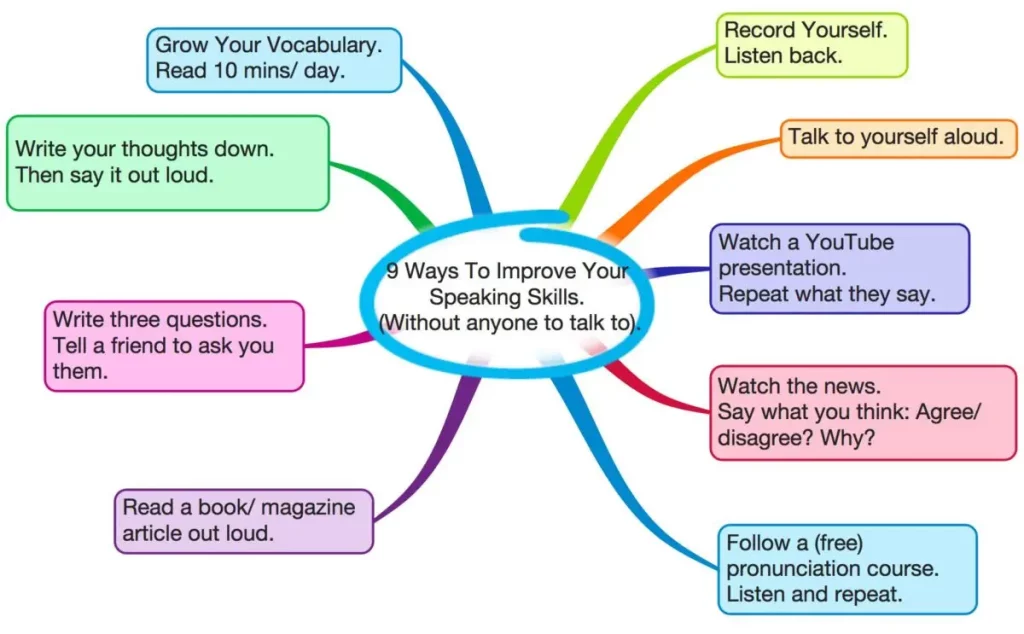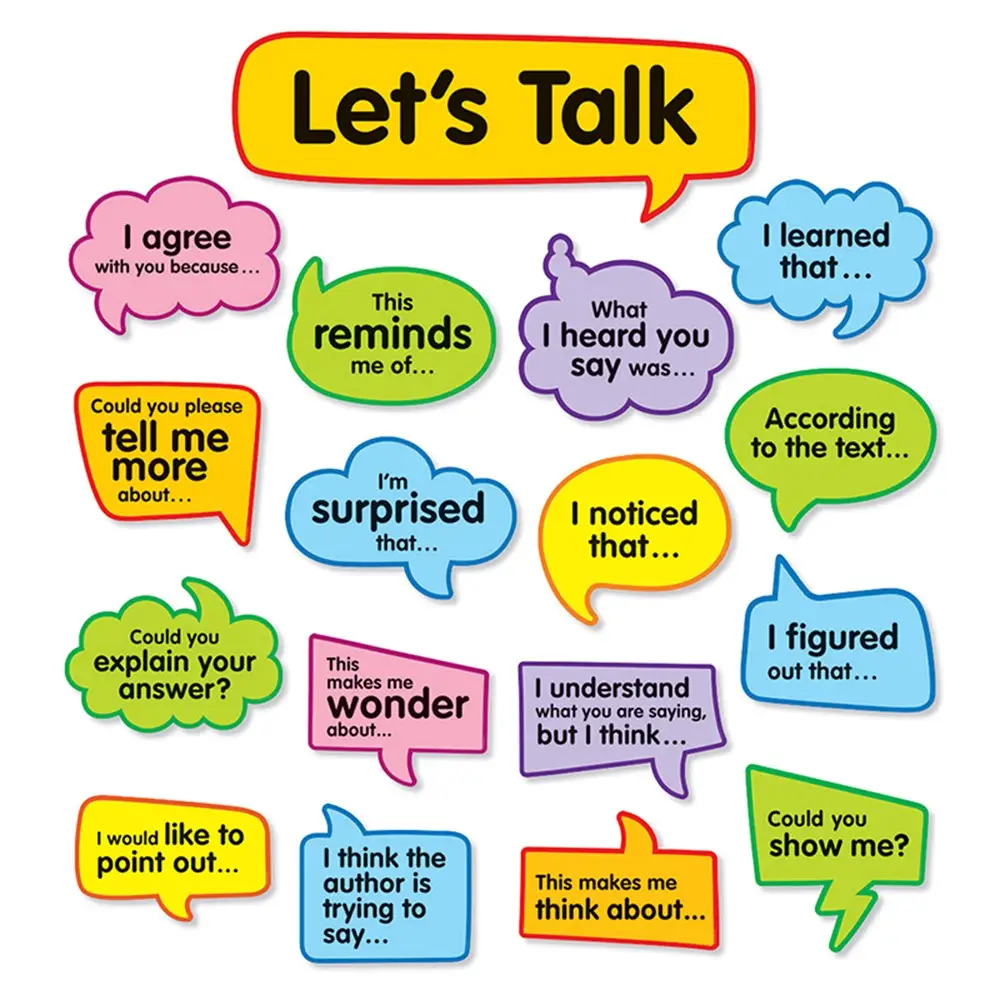In the bustling world we inhabit, the ability to speak English fluently can open doors to myriad opportunities, bridging gaps across cultures and continents. Whether it’s for career advancement, educational purposes, or simply to connect on a global scale, mastering the English language is a goal shared by many. This comprehensive guide is crafted to navigate you through the journey of learning English, adopting techniques and strategies to speak like a native speaker. From grasping the basics to engaging in advanced learning strategies and practical applications, we’ll explore a spectrum of methods tailored for various learning styles. Embark on this linguistic voyage with us, as we unravel the secrets to acquiring proficiency in English, making the process both rewarding and enjoyable.
Introduction to Learning English
The quest to learn English is more than memorizing grammar rules and vocabulary; it’s about understanding the nuances that make it a rich and dynamic language. In this guide, we aim to equip you with the tools and knowledge to embark on this journey effectively.
The Importance of Learning English

In today’s globalized world, English is the lingua franca, a bridge connecting individuals across different cultures and backgrounds. Its importance cannot be overstated, from facilitating international business transactions to accessing a vast repository of knowledge on the internet. Learning English opens up a world of opportunities, enhancing your professional profile, educational pursuits, and personal growth.
What It Means to Speak English Like a Native Speaker
To speak English like a native speaker involves more than perfect grammar and pronunciation. It’s about understanding the cultural nuances, idioms, and colloquialisms that give the language its character. It’s about being able to engage in conversations fluidly, expressing thoughts and emotions with clarity and confidence. Achieving this level of proficiency is a journey, one that requires patience, practice, and the right strategies.
In the following sections, we’ll delve into the foundational elements of learning English, advanced techniques to enhance your learning experience, practical ways to apply your knowledge, and tips to overcome common challenges. By integrating these strategies into your learning routine, you’ll be well on your way to speaking English with the ease and fluency of a native speaker. Let’s embark on this linguistic adventure together, exploring the wonders of the English language and unlocking your full potential as an English speaker.
Foundations of English Learning
Diving into the realm of English learning, it’s crucial to start with a solid foundation. Understanding the basics of grammar, expanding your vocabulary, and honing your pronunciation are the stepping stones to fluency. Let’s explore these essential components and how you can master them effectively.
Grammar Essentials
Grammar is the backbone of any language, providing the rules and structures that allow us to communicate clearly. While it may seem daunting at first, grasping the basics of English grammar is pivotal. Focus on understanding tenses, sentence structure, and parts of speech. Interactive tools and websites, like the British Council, offer comprehensive English learning resources that make grammar learning engaging and accessible. Remember, mastering grammar is a gradual process; regular practice and application will lead to improvement over time.
Vocabulary Building Strategies

A rich vocabulary enables you to express your thoughts and ideas more precisely. To expand your vocabulary, immerse yourself in the language as much as possible. Read books, listen to podcasts, and engage in conversations. Utilizing language learning apps, such as Duolingo, can make learning new words fun and interactive. Employ techniques like flashcards, mnemonic devices, and the use of new words in sentences to reinforce your learning. Remember, the key is consistency and repetition.
The Role of Pronunciation
Pronunciation may not change the meaning of your words, but it can significantly impact understanding and fluidity of conversation. Listen to native speakers through movies, music, and TED Talks on language learning. Practice speaking out loud, record yourself, and compare your pronunciation to native speakers. Tools like language exchange platforms allow you to practice with native speakers who can provide immediate feedback.
Understanding the foundations of English learning is like building the frame of a house. With a strong and sturdy base, you’re set to add layers and personalize it, making it uniquely yours. By focusing on grammar essentials, vocabulary building, and pronunciation, you’re laying down the groundwork for a successful and fulfilling journey in learning English. Stay tuned as we delve deeper into advanced learning strategies in the next section, where we’ll explore how to elevate your learning experience further.
Advanced Techniques for English Mastery
As we venture further into our journey of learning English, transitioning from the basics to more advanced strategies is crucial for achieving fluency and confidence in the language. This section delves into immersive learning environments, harnessing the power of technology, and the indispensable practice of reading and writing, guiding you towards speaking English like a native speaker.
Immersive Learning Environments
One of the most effective ways to accelerate your English learning is by immersing yourself in environments where English is the primary mode of communication. Immersion compels you to use English in real-life situations, providing a rich learning experience that goes beyond textbooks. Consider joining language exchange meetups, where you can practice speaking with native English speakers. Alternatively, if circumstances allow, spending time in an English-speaking country can offer unparalleled exposure to the language and its cultural nuances.
Utilizing Technology and Digital Resources
In this digital age, technology offers an abundance of resources for learning English. Language learning apps like Duolingo make learning fun and interactive, offering lessons that cater to different skill levels. Moreover, online platforms provide access to native English content, including podcasts, YouTube channels, and websites dedicated to English learning. Engaging with this content not only improves your listening and comprehension skills but also acquaints you with the informal and formal uses of the language.
The Power of Reading and Writing Practice
To truly master English, integrating reading and writing into your daily routine is imperative. Start by reading English newspapers, magazines, and books that interest you. This practice expands your vocabulary and familiarizes you with different writing styles and grammatical structures. Writing, on the other hand, allows you to actively use new vocabulary and grammar rules, reinforcing your learning. Begin by keeping a journal in English, writing essays, or even starting a blog. Over time, you’ll notice a significant improvement in your ability to express complex ideas in English.
Advanced techniques in English learning are about challenging yourself and stepping out of your comfort zone. By immersing yourself in the language, utilizing digital resources, and consistently practicing reading and writing, you’re setting the stage for profound mastery of English. Stay curious, be persistent, and watch as the world of English opens up to you in ways you never imagined.
Applying Your Knowledge
Having armed yourself with both basic and advanced English skills, it’s time to put your knowledge into action. Practical application is the bridge between theoretical learning and real-world fluency. Here, we focus on integrating English into your daily life through conversation, listening, networking with native speakers, and immersing yourself in English-speaking environments.
Everyday Conversations and Listening Practice

Engage in English conversations as frequently as possible. This could be with friends, language exchange partners, or even through online platforms. Don’t shy away from making mistakes; each error is a step towards improvement. Additionally, immerse yourself in English listening practice. Listen to English music, watch English movies or TV shows with subtitles in English to train your ear. Podcasts are also a great way to get accustomed to diverse accents and speeds of speaking.
Networking with Native Speakers
Building a network of native English speakers can significantly enhance your linguistic skills. Platforms like Meetup offer opportunities to join English-speaking groups or clubs. Engaging in these social settings allows you to practice casual and formal English, understand cultural references, and pick up on nuances that only come from real-life interactions.
Real-world Practice through Travel
If possible, travel to English-speaking countries. There’s no substitute for the learning that happens when you’re required to use English in various scenarios, from ordering food to asking for directions. The experience of navigating through an English-speaking environment not only boosts your confidence but also deepens your cultural understanding, making your language skills more intuitive and natural.
Practical application of your English skills is about making the language a part of your everyday life. It’s about moving beyond the fear of making mistakes and embracing every opportunity to communicate, listen, and learn. As you integrate these practices into your routine, you’ll find your ability to think and express yourself in English improving, bringing you closer to your goal of speaking English like a native speaker.
Navigating the Difficulties of Learning English
Learning English, like mastering any language, comes with its set of challenges. Understanding these hurdles and knowing how to overcome them can make the journey less daunting and more effective. This section highlights common pitfalls and provides strategies to navigate them, ensuring continuous progress and motivation.
Common Pitfalls and How to Avoid Them
A significant challenge many learners face is hitting a plateau, a stage where progress seems to stall. This often occurs when learners stick to comfort zones, avoiding new or challenging material. To break through, diversify your learning resources and methods. Incorporate different genres of reading, switch up your listening practices with various accents, and engage in conversations on unfamiliar topics.
Another pitfall is the overreliance on native language translations, which can hinder the ability to think directly in English. To mitigate this, practice thinking in English by narrating your daily activities or planning your day mentally in English. This builds a direct association between thoughts and English expressions.
Staying Motivated Through Plateaus
Maintaining motivation through periods of perceived stagnation is crucial. Set small, achievable goals to create a sense of progress. Celebrate these milestones, no matter how minor they may seem. Additionally, joining English learning communities, either online or in-person, can provide support and encouragement from fellow learners. Sharing experiences and strategies can reinvigorate your enthusiasm for learning.
Furthermore, incorporating English into your hobbies and interests can keep the learning process enjoyable and relevant. Whether it’s watching English documentaries on subjects you love, reading books in English related to your hobbies, or writing blog posts about your experiences, connecting learning with passion sustains motivation.
Navigating the difficulties of learning English requires a blend of strategic learning practices, mental resilience, and the ability to find joy in the learning process itself. By understanding common pitfalls and adopting strategies to overcome them, learners can ensure they continue to move forward, turning challenges into opportunities for growth. Stay patient, stay curious, and remember, every learner’s journey is unique. Embrace yours with confidence and determination.
Essential Resources for English Learners
A crucial aspect of learning English effectively is knowing where to find the right resources. The wealth of materials available can be overwhelming, but selecting high-quality tools tailored to your learning style can significantly enhance your progress. In this section, we introduce essential books, online courses, and language learning apps and websites that have proven invaluable for learners worldwide.
Recommended Books and Online Courses

Books remain a fundamental resource for language learning. Consider starting with graded readers tailored to your proficiency level to build confidence and gradually increase complexity. Additionally, comprehensive grammar books, such as English Grammar in Use by Raymond Murphy, offer clear explanations and practical exercises.
Online courses present a flexible learning option, accommodating different schedules and learning paces. Platforms like Coursera and EdX offer courses designed by universities and educational institutions, covering everything from basic English to advanced composition and speaking skills.
Language Learning Apps and Websites
In today’s digital age, language learning apps and websites are invaluable tools, offering interactive lessons that cater to a wide range of levels and learning styles. Duolingo, for instance, provides bite-sized lessons that are perfect for daily practice, while British Council offers a variety of resources, including games, stories, listening activities, and grammar exercises, catering to both adults and children.
Furthermore, websites such as TED Talks provide a platform to listen to native speakers discussing a myriad of topics, which can help improve your listening skills and expose you to diverse accents and vocabularies.
Utilizing these resources effectively can make the process of learning English more engaging and productive. By integrating books, online courses, apps, and websites into your study routine, you can create a comprehensive learning experience that suits your individual needs and goals. Remember, the key to success is consistency and a willingness to explore different tools until you find the ones that resonate with you. Happy learning!
FAQs
How Long Does It Take to Learn English?
The time it takes to learn English varies significantly among learners, depending on factors such as the individual’s native language, the amount of time dedicated to learning, and the learning strategies employed. Generally, consistent daily practice over months or years is required to achieve fluency. Remember, learning a language is a marathon, not a sprint; patience and persistence are key.
Can I Learn English Alone or Do I Need Classes?
While attending classes can provide structure and personalized guidance, many learners successfully achieve proficiency through self-study, especially with the wealth of resources available online. The decision should be based on your learning preferences, availability, and goals. Combining self-study with interactive tools and real-life practice can be particularly effective.
What Are the Best Free Resources to Learn English?
Many high-quality free resources can aid in learning English. Websites like British Council offer comprehensive materials for all levels. Language exchange apps and meetups provide opportunities for conversational practice. Additionally, consuming media in English, such as podcasts, YouTube videos, and articles, can significantly improve your comprehension and vocabulary.
Conclusion
As we wrap up this comprehensive guide on learning English and speaking like a native speaker, it’s essential to reflect on the journey we’ve embarked upon. Learning English, or any language, is an intricate process that requires dedication, patience, and the right strategies. From understanding the basics to navigating advanced techniques, applying your knowledge in real-world situations, overcoming challenges, and utilizing essential resources, every step forward is a milestone in your language learning journey.
Language learning is not just about acquiring a new way to communicate; it’s about opening doors to diverse cultures, perspectives, and opportunities. It’s a pathway to becoming a global citizen, capable of bridging gaps and building connections across borders. The journey to fluency is unique for each individual, filled with its ups and downs, but the outcome is invariably rewarding.
Remember, the key to success lies in consistency, curiosity, and the courage to step out of your comfort zone. Embrace mistakes as learning opportunities, seek out engaging resources that spark your interest, and immerse yourself in the language every chance you get. The road to fluency may seem long, but with each step, you’re not only learning to speak English but also gaining insights into a world that’s broader and richer than ever before.
In conclusion, speaking English like a native speaker is an attainable goal, one that can enrich your life in unimaginable ways. Armed with the strategies, resources, and insights provided in this guide, you’re well on your way to mastering the English language. Continue to explore, practice, and connect with the language daily, and soon, you’ll find yourself conversing with ease and confidence. The world is waiting to hear your voice; let it speak in English, fluently and proudly.

